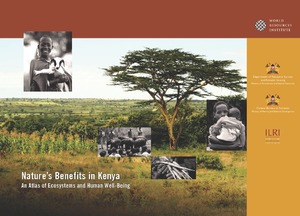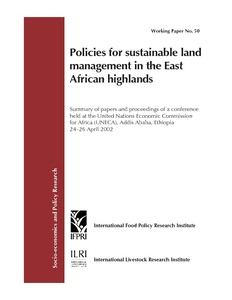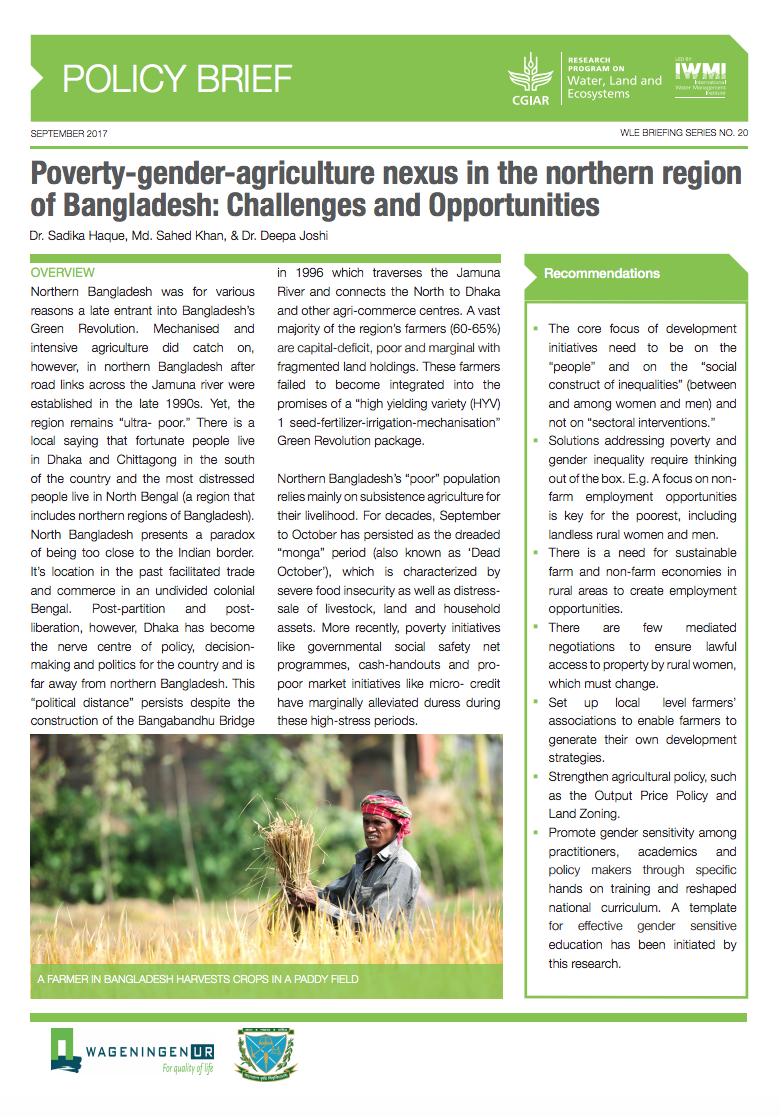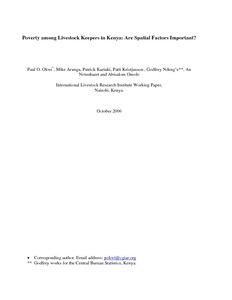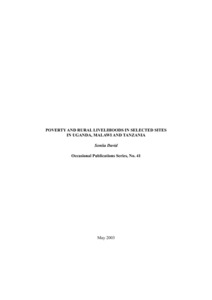Menuju kesejahteraan dalam masyarakat hutan: buku panduan untuk pemerintah daerah
Governments in many countries are decentralising to give more control over decision making and budgets to local administrations. One expectation of this change is that local governments will more effectively and efficiently respond to the poorest citizens in their jurisdictions. Decentralisation is especially significant to forest communities, which have historically benefited little from government services and poverty reduction programmes because of their physical isolation and social marginalisation.


